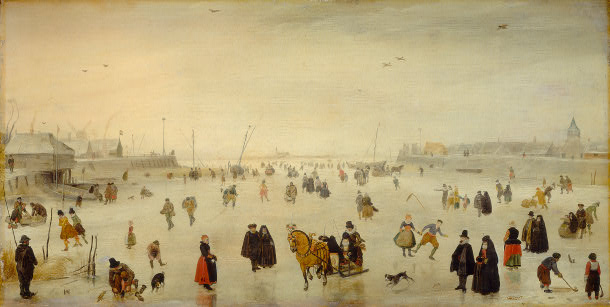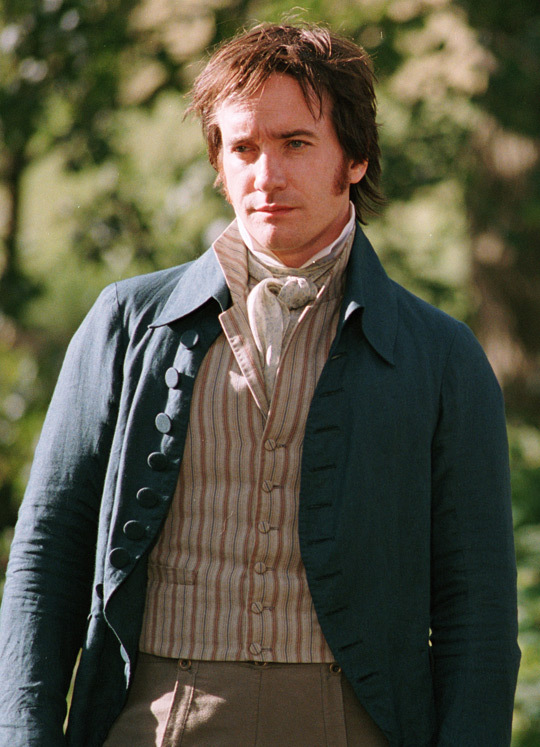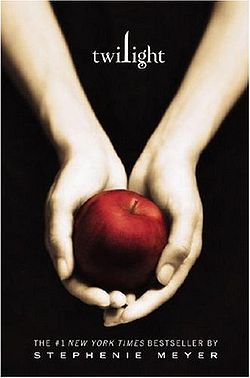Hendrick Avercamp
THE DUTCH painter Hendrick Avercamp depicted captivating winter scenes of skaters on the frozen canals and waterways of 17th Century Netherlands. Falling into the same tradition of Flemish landscape painting begun by Bruegel, he created paintings filled with bright color, brooding skies, and tiny human vignettes. A small exhibit of his work is on display at the National Gallery of Art in Washington, D.C. During a visit to the museum yesterday, I was enthralled by these evocative works with their miniature episodes on ice.
Avercamp (1585-1634) lived and worked in the small port city of Kampen on the Zuider Zee during the period known by meteorologists as the Little Ice Age, when the winters were cold enough to freeze rivers and canals. Bruegel was the first to paint winter landscapes, but Avercamp is considered to be the first to specialize in the genre. Little is known about the painter’s life, but he was possibly mute and deaf, which may account for his striking attention to detail. The paintings seem to contain every variety of gesture and pose, and they depict the full range of social types, from peasants to burghers to aristocrats, all skating, conversing or working on the ice. Up close, one sees a woman overturned in a fall, her skirts askew; a poor peasant carting a wooden box; elegantly dressed figures in black gowns and masks to keep off the cold; a washerwoman working alongside a hole in the ice; fishermen and workers hauling peat; and men playing the ice game of colf, which was a precursor of golf. Skates were metal blades, curling at the end, which were attached to shoes. (more…)






